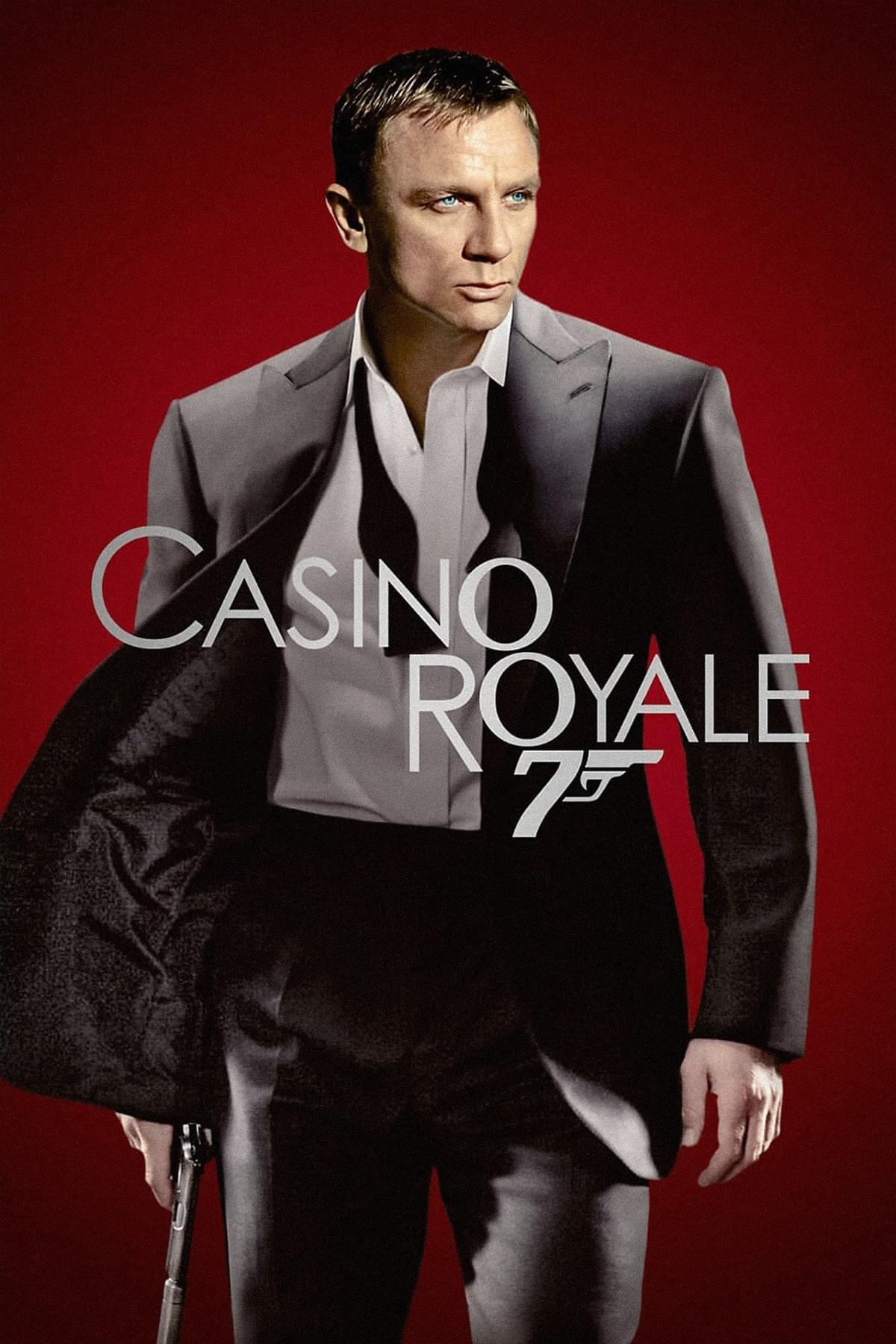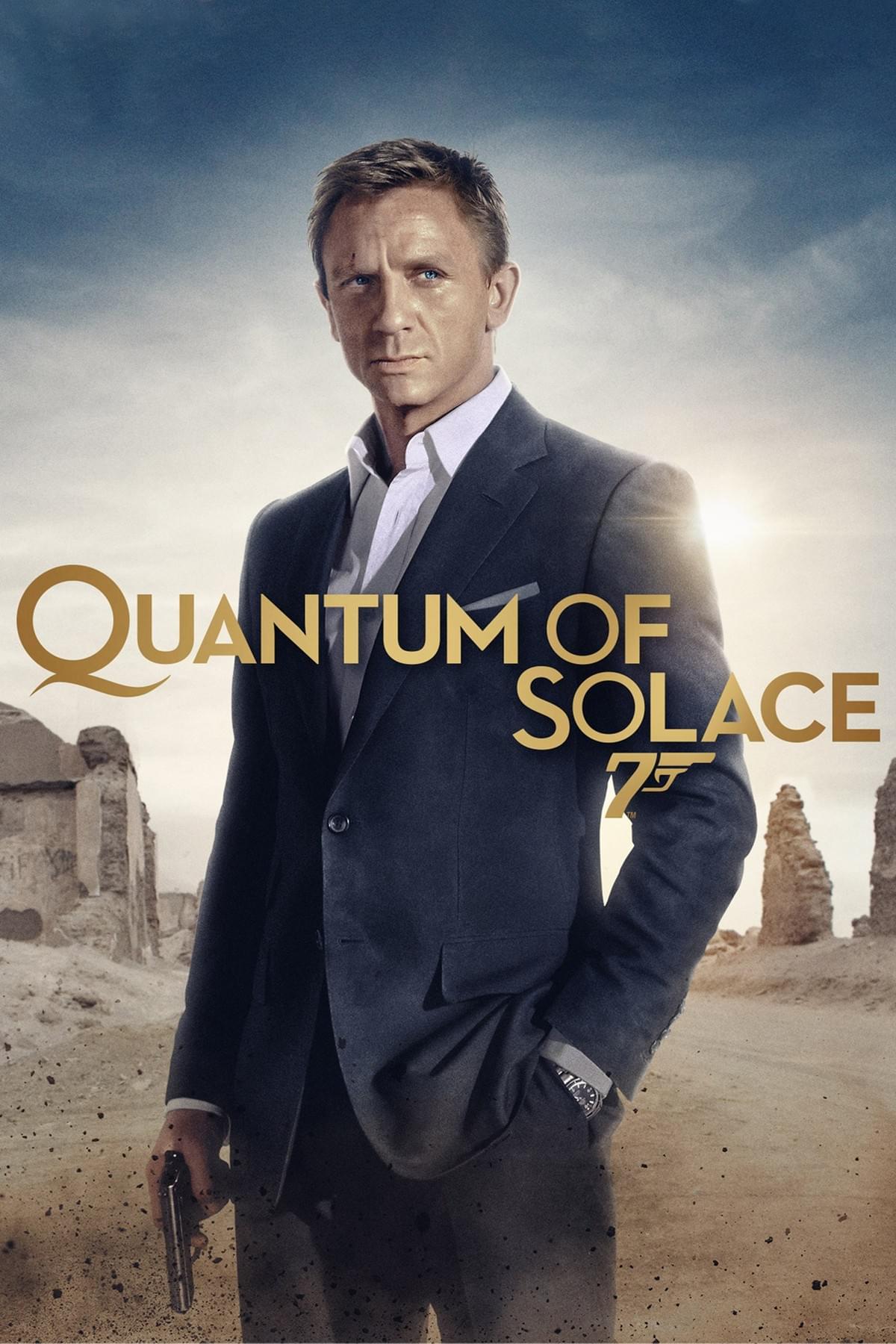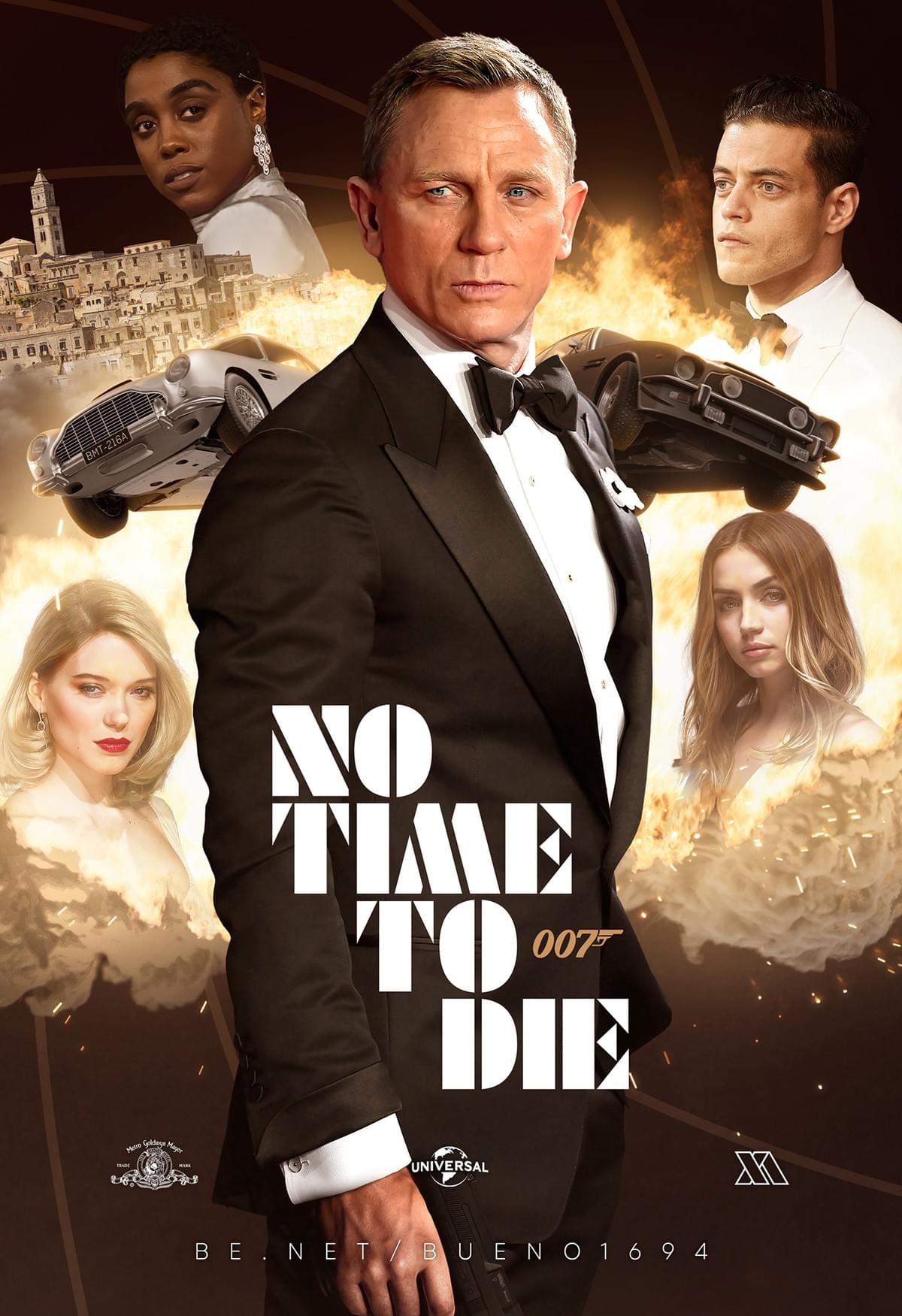

Madhur Srivastava
Explorer | Traveler | Book Worm | Writer | Photographer
- Home
- Photography
- Travelogue
- Travel Diary
- Bookshelf
- Podcasts
- Words of Wisdom
- Articles
- Interviews
- Entertainment
- Amusing Stories
- Reviews
- Personal Finance
- Lifestyle
- In Desire
- Dropdown
- Communication
- Productivity
- Relationship
- Sexual Health
- Spirituality

Life is a waste of time, time is a waste of life
Get wasted all the time, and you will have time of your life
- Billy Connolly
Travel Diary
Experiences from Travel
Destiny is the hard thing to run from
Yellowstone TV Series
People have preferred the horrors of hell to the perfection of heaven
The Atlantic Magazine
←→Travelogue
In Tryst With Every Inch
Karlsruhe, Germany
Picture: Castle
Just across the border from the Rhine river lies a small college town of Karlsruhe. Sandwitched between Heidelberg in Germany and Strasbourg in France, Karlsruhe is unglamourous yet very attractive town. It is clean, residents are well dressed and there are plenty of young people, thanks to the Karlsruhe Institute of Technology. Surprisingly, everyone in the town is comfortable in speaking English, contrary to the general reputation of a German city. It seems to have everything one desires for peaceful and happy life. Plenty of nature, walkable city, lively city center, libraries, and friendly people. It is boutique town with elegance and quality of life of a large city.

Strasbourg, France
Picture: Train Station
While visiting for a conference in the city, a colleague suggested me to visit the European parliament. Little did he told the city itself is a world heritage site. Strasbourg embodies the life and times of the medieval age, barring all the violence and barbarism! The roads are narrow, canal encircles the city, shops closes early, ice creams are the tastiest, and every corner of the city is picturesque. All the roads lead to the famous (and huge) cathedral, which I believe is the envy of the other christian cities. Residents bike, walk, use Tram, and speak French. But many names in the city can sound German, as it is just a stone throw away from Germany, a former occupier of it.

Abu Dhabi, UAE
Picture: Sheikh Zayed Mosque
The future has been seen, it is Abu Dhabi. The UAE capital is epitomizes modernity in its fullest sense: beauty, architecture, infrastructure, culture, transportation and housing. It looks that the rulers of Abu Dhabi are determined to bring the world there. No cuisine unfound, no world-wide brands absent, and no nationality missing. Boasting of several tourist spots such as Lourve museum, it is the Zayed Mosque, the Aquarium and the Presidential Palace stands out beyond measure. The rulers not just have the wealth but also the taste for luxury and delicacies. While it is desert, it feels like none. It is easy find water everywhere, but almost impossible to spot a camel.

Bordeaux, France
Picture: Victoire Place
Bordeaux is not the city that comes to mind when someone says France; the honor usually goes to Paris or Nice. But this mini-Paris located next to the Atlantic ocean, is full of surprises and history. I was travelling to the city to visit a collaborator and never expected much, only to be proven wrong with the medieval architecture, night-lit city, wine region (including a museum dedicated to wine history), authentic food, and eye-catching scenery of river Garonne passing through the city. Not commonly known, even to French, that Bordeaux was part of British empire for some period, who converted it into wine region to avoid purchasing French wines! What an irony!
Podcasts
Currently Listening
Audiobook Listening
Novels -- Fantasy-- History
1Chitra Banerjee Divakaruni
The Palace of Illusions
The Last Queen
Independence
Oleander Girl
The Forest of Enchantments
Before We Visit the Goddess
One Amazing Thing
Queen of Dreams
The Vine of Desire
The Unknown Errors of Our Lives
Sister of My Heart
The Mistress of Spices
Arranged Marriage
2George R. R. Martin
Song of Ice and Fire
A Game of Thrones
A Clash of Kings
A Storm of Swords
A Feast of Crows
A Dance of Dragons
Fire and Blood
The World of Ice and Fire
A Knight of the Seven Kingdoms
3Women Leaders
My Own Words (RBG)
Freedom (Angela Merkel)
Something Lost, Something Gained (Hillary Clinton)
The Art of Power (Nancy Pelosi)
A Different Kind of Power (Jacinda Ardern)
4Indian Partition
Partition Voices - Kavita Puri
Indian Summer
Freedom at Midnight
The Great Partition (Yasmin Khan)
Empireland - Sathnam Sanghera
Book Series Reading: William Dalrymple
Reading: Return of a King
Read: The Last Mughal,The Golden Road; The Anarchy; Koh-i-noor.
To be Read: Nine Lives; White Mughals; City of Djinns; From the Holy Mountain; In Xanadu.










Book Review
Thoughts, musings, and ruminations.2023年12月30日Read more...While all economists are wrong, some are useful and entertaining. Such is the case with the book "Edible Economics". It gives a primer of various economic concepts and justifies them with selective facts. However, the justification is well-reasoned and respectable. Coming from a left leaning...2023年12月30日Read more...Is hierarchy embedded in thesocial fabric where one segment of society dominates others? Or is it possible to have equality in principle? More importantly, what is equality? Is it in the freedom of expression, equal income or equal access to resources? There is a saying that everyone can be...2023年12月30日Read more...It is said that books are humans’ best friends, where andhow did they come from is a mystery to many. The journey from the stone tablet to electronic tablet is largely unknown, especially the shape shifting nature of books. Imagine time traveling to 800 BCE and asking for a book and getting a...TV Series
In Desire of Next Season
1Panchayat
Season 1
Season 2
Season 3
Season 4
Season 5
2House of Dragons
Season 1
Season 2
Season 3
3Shogun
Season 1
Season 2
Bond Movie Series
Score: 3 out of 25



© 2024






























